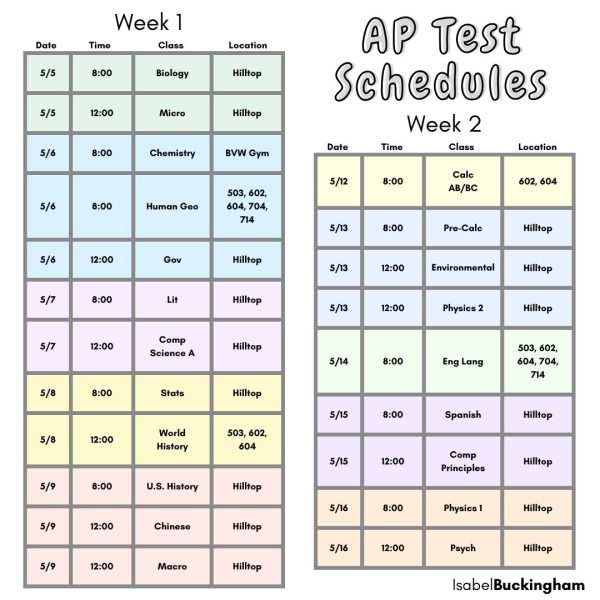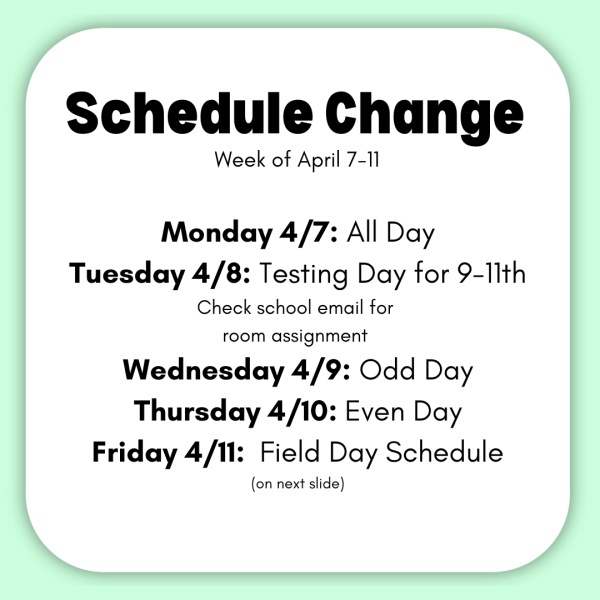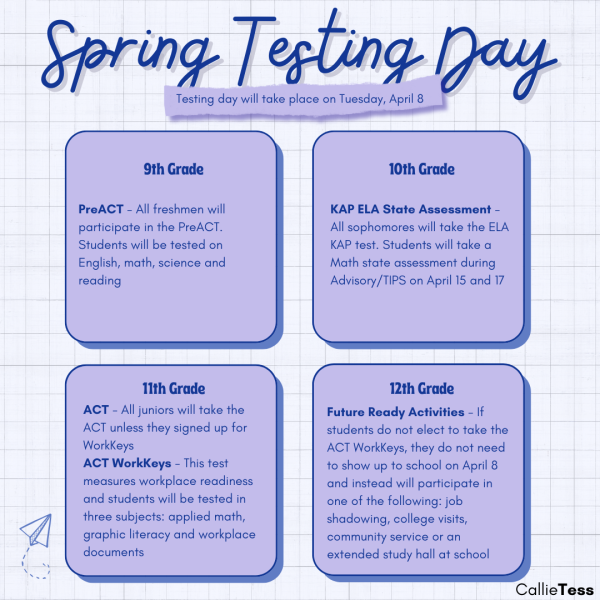District partners with Children’s Mercy to bring social workers into schools
Editor’s note: due to the privacy of a student’s frequent visits with the social worker, they will be referred to as Jane Nelson.
A conversation between principals, social workers and the student services board comes up, as they listen to the feedback given about the new services Children’s Mercy social workers are providing to students around the district. Mark Schmidt, assistant superintendent of well-being and student servicesofthedistrictsaidearlierintheyear, Children’s Mercy and the district partnered to bring in more social work services o ered to students in elementary, middle and high school.
“We had a task force that was looking at mental health within our community and we started to look at the various needs that our students were demonstrating, so we studied that and came up with a number of recommendations,” Schmidt said. “At the same time, Children’s Mercy approached our superintendent Dr. Todd White and said that they were looking for an opportunity to provide services within the community. So we talked about a number of di erent things and, nally, we landed on ‘well, we have this need for social workers and you provide social work services’ and it was just a natural t.”
Schmidt said the agreement between Children’s Mercy and the district is only for one year, but he said he hopes, as the school year moves forward, both partners will nd it bene cial and will want to continue.
“When we rst started this program, there [were] some questions of ‘why Blue Valley,’” Schmidt said. “Blue Valley has some kids that are kind of well-o – their families are well- o — and my response always is, ‘if a family
has good-paying jobs, does that mean they’ll never get sick?’ e answer to that is ‘no.’ Just because a family might have nancial means, doesn’t mean they’re going to not need mental health services, just as anybody else would need mental health services. In Blue Valley, we provide a school nurse in every building and that’strueinotherdistrictsaswell.Justlikewe provide a school nurse, we want to have access to school social workers and other mental health professionals that provide support needed for kids to be successful.”
Schmidt said in the rst two weeks of the school year, the social workers had conversations with over 260 students and sta members. He said he was glad the school counselors and psychologists had been able to keepupwiththeproblemsstudentshadfora long time before the social workers came in to provide additional support.
One such example is social worker Amber Wesley who is the assigned social worker to the school and also devotes some her
time working with students at Aubry
Bend. Wesley has been working with Children’s Mercy for around 12 years and has just started working in a school setting this year.
“I work with the students’service department to determine what level of intervention a student needs and that’s kind of where I come into work with students who really need some intensive support,” Wesley said.
“[A] large part of what I do, as well, connects students and families to therapists, financial assistance, those types of things. It’s not just giving them a phone number, it’s giving them a phone number and then following up and making sure that it’s working and, if not, then how can I help them find the next resource.”
Wesley said her goal this first year is to continue building relationships with students and staff and provide community resources along with support to whom may need it.
“Some of the things students would be referred to me for are that some students may be struggling with an eating disorder and need some support and intervention here at school to work through that,” Wesley said. “Or maybe a student is struggling with thoughts that they may want to hurt themselves, whether that be thoughts of suicide or thoughts of self-harm. Maybe they’ve had a hospitalization and they’re kind of trying to reintegrate back into the school. I can help with those things and provide support, and a plan for them to be successful when they come back to school, so they feel like they have a lot of support.”
Wesley said common problems high school students deal with are anxiety and depression, because of stress and pressure, along with family history.
“So, here in this setting, I would meet with a student and it kind of varies,” Wesley said when talking about the treatment process. “It can be individual work that we can do together and identify a goal, or it may be [a] referral to the community for some type of outpatient treatment … It’s a lot of providing support, individual meetings and, hopefully, we can start groups soon so we will be doing some of that group work to address depression and anxiety, and then also meeting with families to provide emotional and social support.”
Wesley said a student’s issues or problems do not define them and, with the right treatments, they can get better. Furthermore, Wesley said the school does a good job of breaking the stigma of denying the need to get help, but it’s still there and that students should support one another, along with speaking out and talking about these issues.
“Not only do we here at the school focus on academics — which is huge and so important — but another important piece is focusing on our students’ social and emotional well-being,” Wesley said. “I think in this environment, ranging from administration to teachers to counselors, school psychologists to myself, everyone cares about students and their emotional well-being. You see that whether it’s posters hung up in the hallways, to also caring about one another when displaying that empathy and the importance of we are here to learn, but were also here to support each other.”
Wesley said, as part of her job working alongside counselors, school psychologists and administrators, she is there as an additional level of support to kids struggling with different issues. Student Jane Nelson meets with Wesley about once a week to talk about the problems she is facing in regards to family and school issues.
“It’s a lot of things, honestly,” Nelson said. “I talk to her about my friends, my family. It won’t even be negative, it will be positive and we would still talk. So we work on problems of taking their perspective in and that really is the most I get out of this, is looking at other people’s perspectives, putting myself in their shoes and saying ‘you know what, I was wrong.’”
Nelson said having social workers is a benefit because it gives students more options, along with someone to go to if they are not comfortable talking with their counselor. She said she feels like she could talk to Wesley about anything because she is really inviting and she looks to her as more of a friend than a social worker. In addition to that, Wesley said they have been able to talk about setting goals for what happens after high school and looking more into the future.
“High school’s just a speed bump,” Nelson said. “I think [social workers] have a big role in life personally, because once you learn the stuff that Mrs. Wesley is teaching you, [to] understand life more, you put yourself in other people’s shoes. You think about how it’s going to affect [you] later than just being impulsive and going in that direction because we’re kids. So, since we’re younger [and have] a person like Mrs. Wesley, it’d be great for us to just sit down, talk to [someone] and just say, ‘This is what I’m feeling. I don’t know what to do with it, but this is what I’m doing.’”







